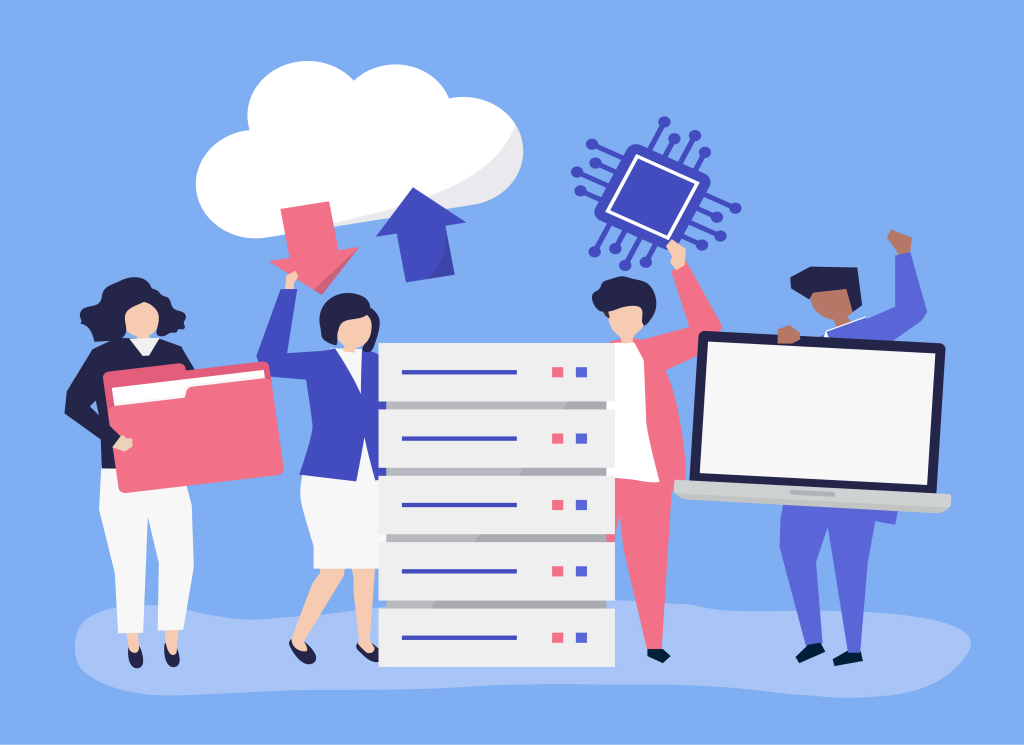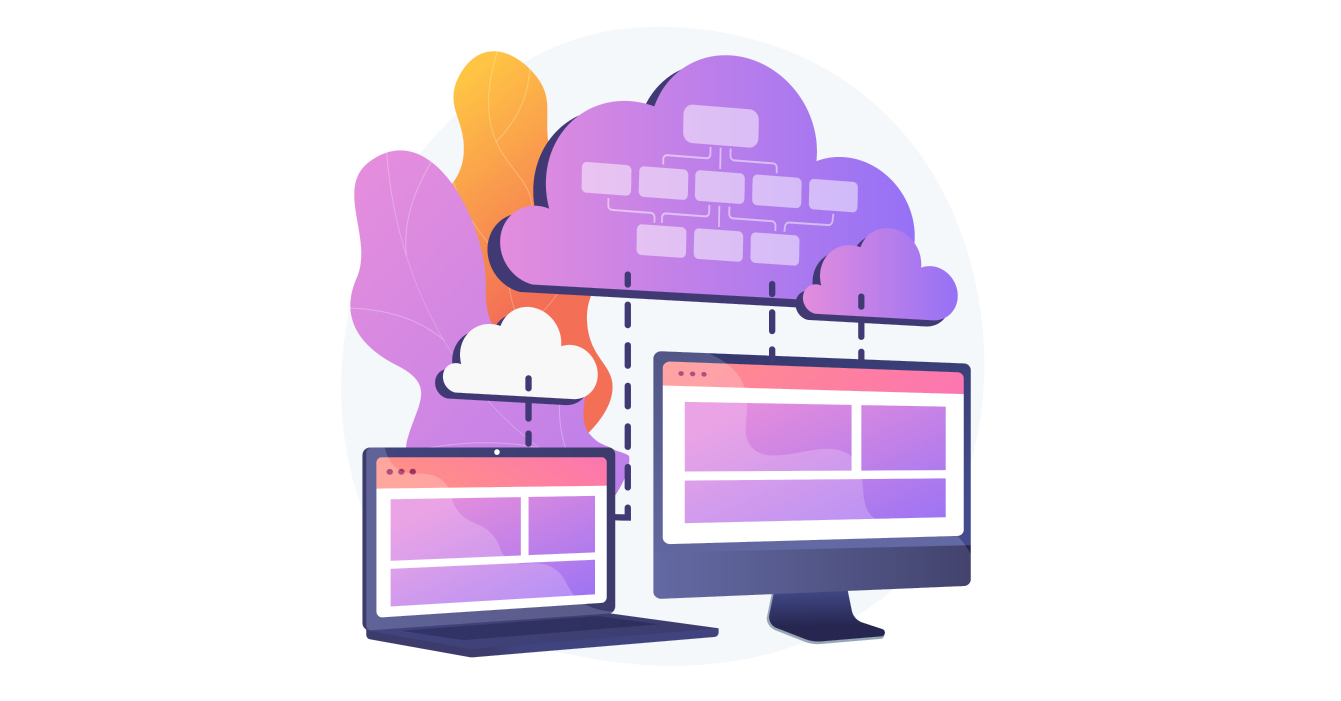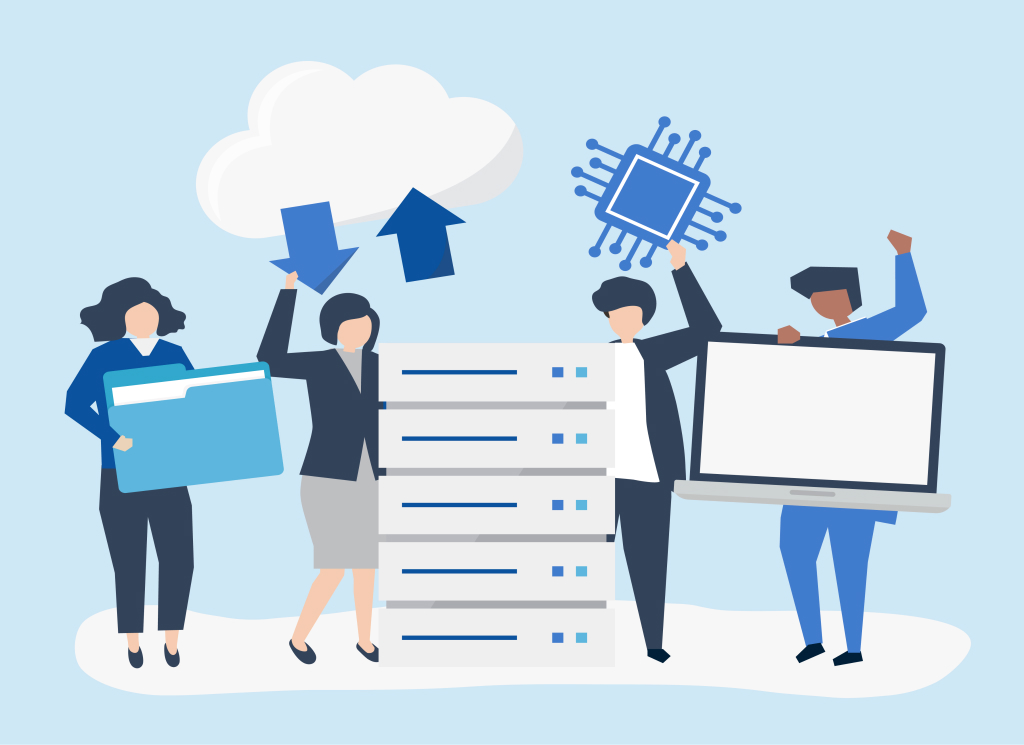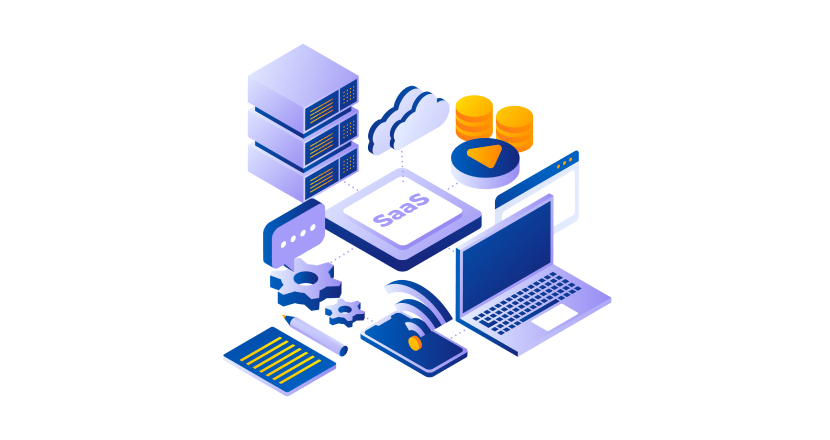
Cloud Databases: Pros, Cons, and How to Choose
Understanding Cloud Databases
Welcome to the age of information! You might have heard the term 'cloud databases' flying around in tech discussions. Let's start with the basics: a cloud database is simply a database service that is constructed and accessed via a cloud computing platform. It's designed to perform, scale, and replicate just like a traditional database, but with the added advantages of cloud computing, like the flexibility of access. From startups to large enterprises, businesses across the spectrum are migrating to cloud databases to leverage these benefits.
The Rise of Cloud Computing in Data Management
The traditional methods of data storage and management are quickly becoming obsolete, and cloud computing is the primary reason for that. Why? Because the cloud has proven itself not to be a passing trend, but a significant breakthrough. Its ability to provide instant access to vast amounts of data, combined with robust processing power, makes it a game-changer for many businesses. The evolution of data management to incorporate cloud computing has truly revolutionized the industry.
The Need for Database-as-a-Service (DBaaS)
Now, let's delve a bit into Database-as-a-Service or DBaaS. It's not a fancy buzzword; it's the heart and soul of cloud databases. DBaaS allows businesses to store, manage, and retrieve their data from the cloud without worrying about infrastructure or database management tasks, thus minimizing costs and freeing up valuable resources. It's like having your personal team of database experts, only they're located in the cloud!
Exploring the Benefits (Pros) of Cloud Databases
Scalability and Performance: Meeting the Demand of Modern Applications
In this ever-evolving digital landscape, applications need to be modern, flexible, and fast. That's where cloud databases step in. They offer unmatched scalability. It means you can easily scale up or down as your business requirements change, and you only pay for what you use. Moreover, due to their distributed nature, cloud databases often outperform traditional databases, leading to smoother user experiences and improved application performance.
Cost Efficiency: Analyzing the Financial Benefits
It's time to address the elephant in the room: cost. The financial aspect of any business decision is crucial, and cloud databases score high in this regard. They operate on a pay-as-you-go model, which means you only pay for what you use. No more investing in expensive infrastructure or maintenance, leading to significant cost savings. It's almost like having your cake and eating it too!
Data Management and Backup: Ensuring Business Continuity
In today's data-driven world, data is akin to treasure. Protecting this treasure is paramount for any business. Cloud databases offer robust data management and backup solutions, ensuring your data is always safe and easily retrievable. This not only aids in disaster recovery but also ensures business continuity, giving you peace of mind in a world where data loss can spell doom.

Considering the Downsides (Cons) of Cloud Databases
Security Concerns: The Other Side of Cloud Databases
But let's not get carried away; cloud databases have their shortcomings too. Top of the list is security. Storing sensitive data off-premises in a cloud can expose it to potential breaches and cyber-attacks. Thus, choosing a cloud service provider with robust security measures, and understanding your own responsibilities in securing your data, is vital.
Reliability: The Risks and How to Mitigate Them
What if the cloud service goes down? What if you lose access to your data? Reliability is a critical concern with cloud databases. Downtime can be costly and damaging to a business's reputation. To mitigate these risks, it's crucial to implement robust backup strategies and opt for service providers with a reliable track record and redundancy plans.
Migration Challenges: From Traditional to Cloud Databases
Migration from a traditional database to a cloud database can feel like traversing a minefield. The process can be riddled with challenges, from data loss to compatibility issues. However, with detailed planning, use of the right migration tools, and possibly assistance from cloud professionals, these challenges can be overcome.
Different Types of Cloud Databases
Overview of Database Types in the Cloud
The world of cloud databases is diverse. There are SQL databases, NoSQL databases, relational databases, object-oriented databases, graph databases, and more. Each type comes with its own set of strengths and is suited to particular types of data and applications.
Matching Database Types to Business Needs
One size doesn't fit all when it comes to databases. An e-commerce business may benefit from a different type of database than a financial analytics company. Therefore, it's crucial to assess your specific business needs, data requirements, and workload patterns when choosing a database type.

How to Choose the Right Cloud Database
Assessing Cloud Service Providers: Key Factors to Consider
Choosing a cloud database is a bit like shopping for a new car. You need to consider a variety of factors: performance, security, scalability, cost, and customer support, to name a few. Only by assessing these factors can you make an informed decision about which cloud database is right for your business.
Evaluating Security, Performance, and Scalability
These are the backbone of any good cloud database. Security keeps your data safe, performance ensures your applications run smoothly, and scalability guarantees your database can grow with your business. These should be on the top of your evaluation checklist when choosing a cloud database.
Understanding the Cost Implications: Making an Informed Decision
Money matters. Cloud databases can save you a lot in the long run, but they also come with their own costs. Understanding these cost implications is critical. Be sure to analyze the cost structure, including any hidden fees or potential cost increases in the future, before signing on the dotted line.
Conclusion
Recap: Pros and Cons of Cloud Databases
So, what have we learned? Cloud databases offer a host of benefits like scalability, cost-efficiency, and enhanced performance. However, they also come with challenges like security concerns and potential reliability issues.
The Future of Data Management: Cloud Databases and Beyond
As we gaze into the future, it's clear that cloud databases are not just a temporary trend. They're shaping the future of data management and will continue to evolve, offering even more benefits and becoming more accessible and efficient.
Parting Words: Making the Right Choice for Your Business
Ultimately, the choice of a cloud database boils down to your business needs, financial capabilities, and long-term growth plans. Choose wisely, and a cloud database could prove to be one of the best investments for your business's future.

References
- Amazon Web Services (AWS): "What is a Cloud Database?"
- Amazon provides a comprehensive overview of cloud databases and discusses the benefits and considerations of using cloud databases for business applications.
- Microsoft Azure: "Advantages of moving to a fully managed database service"
- This Microsoft Azure blog post discusses the advantages of moving to a fully managed Database-as-a-Service (DBaaS), which could provide insights into the benefits and challenges of cloud databases.
- IBM Cloud: "Cloud Databases: A Beginners Guide"
- IBM's guide offers an easy-to-understand introduction to cloud databases, covering a variety of related topics including types of cloud databases and their advantages and disadvantages.
- Oracle: "Why Move Your Database to the Cloud"
- Oracle provides a comprehensive analysis of the reasons why businesses should consider moving their databases to the cloud, along with potential challenges to address.
- Google Cloud: "Choosing the right database"
- Google Cloud's blog post offers useful guidance on how to choose the right cloud database according to business needs, also detailing the varieties of cloud databases available.
 Mark Petrenko
Mark Petrenko 
